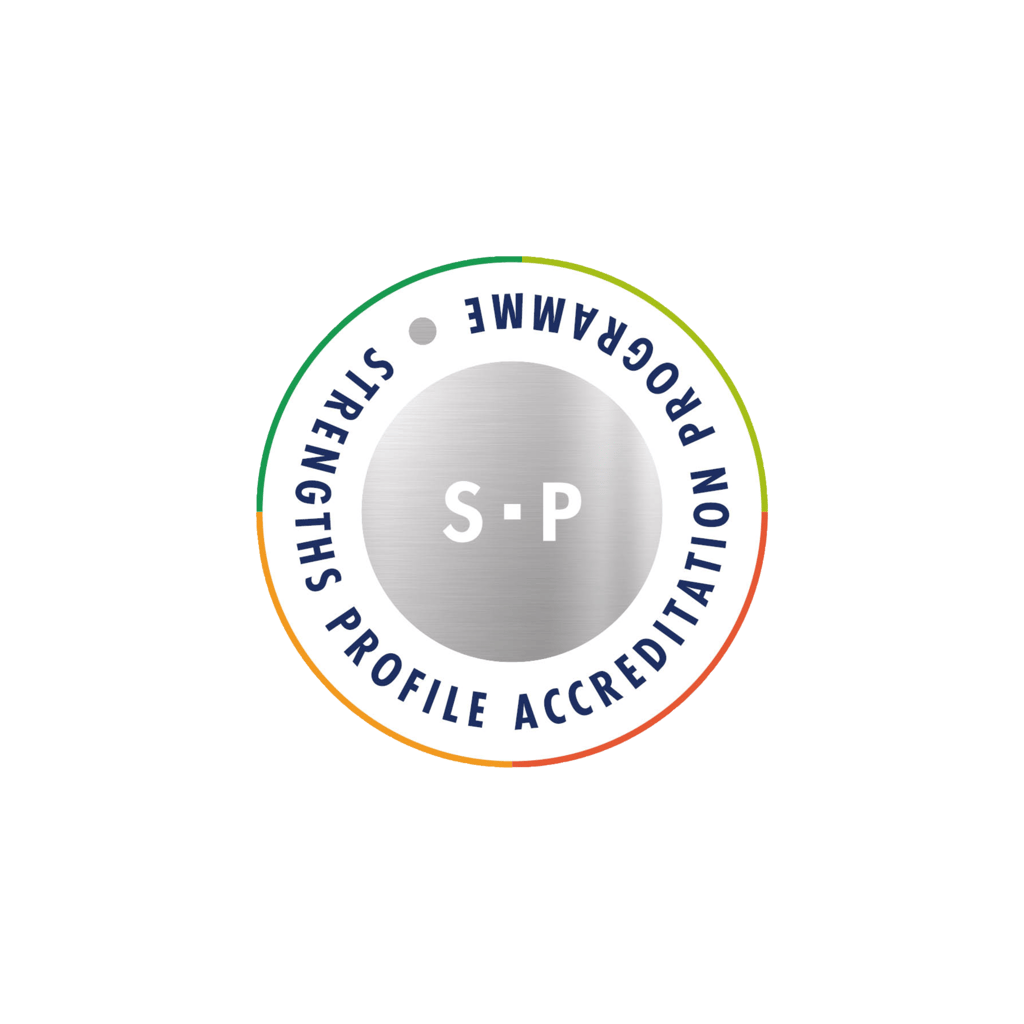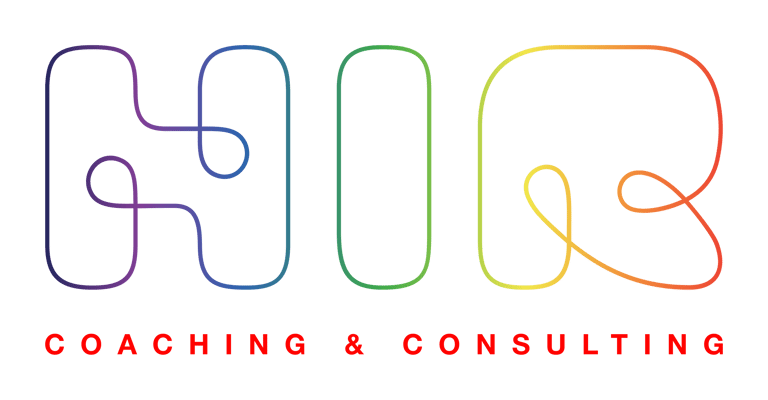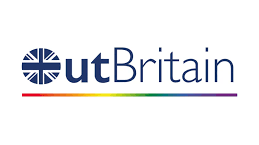We don't need humans anymore
At dinner recently, after explaining what I do, I was asked if I was worried that AI would replace coaches and therapists. The age of automation has made our lives astonishingly efficient. But don’t confuse information with transformation. The former is what machines supply. The latter is irreducibly human.
FOR ORGANISATIONSFOR YOU
James
8/25/20254 min read


At dinner recently after explaining what I do i was asked if i was worried that Ai would replace coaches and therapists.
The age of automation has made our lives astonishingly efficient. But don’t confuse information with transformation. The former is what machines supply. The latter is irreducibly human.
My mornings now read like a minor episode of Black Mirror. A smart speaker wakes me, reads the weather and my diary, and nudges me towards the gym with the disapproval of a Victorian headmaster. My watch counts my steps and, less helpfully, my excuses. Email drafts itself. Invoices chase themselves. Even my food processor has Wi-Fi, an innovation that has yet to explain itself.
In Atlanta recently I rode in a Waymo, a driverless car that glided through junctions with more courtesy than most Sydney cabbies. Back home, contactless Opal gates swallow me into the Sydney Metro; e-gates wave me through Sydney Airport; my bank flags fraud before I notice I’ve been “buying” patio heaters in Perth. The ATO and my GP clinic greet me with triage chatbots that never run out of hold music. Apple Music senses my mood with unnerving accuracy; Netflix anticipates my taste with unnerving confidence and my Instagram feed is a mirror of the conversations I had a hour ago.
And then there is ChatGPT — the silent colleague who never asks for annual leave. As a coach and consultant, I use it daily: to outline a workshop, polish a paragraph, summarise a meeting, or surface research in seconds. Productivity is, as the tech bros say, “through the roof”.
So do we still need humans?
Yes. Emphatically. Not because the machines are incompetent — they’re increasingly excellent — but because they are excellent at the wrong thing. AI excels at information.
Change, growth, courage — the things that alter the trajectory of a life or a career — are the realm of transformation. And transformation is gloriously, inconveniently human.
Consider emotion. A model can detect sentiment in a sentence; it cannot share the silence of shock, or the laughter that breaks tension, or the small, steadying breath before a difficult admission. People don’t change because an algorithm has produced a convincing bullet point. They change because something shifts in the chest, not the spreadsheet.
Consider accountability. Apps ping; reminders stack up; tabs are quietly closed. But showing up to a session and saying, “I didn’t do what I promised,” to someone who knows your story and wants you to win carries a moral weight no notification can deliver. A bot can track your habits. A coach will help you change them — and help you understand why you didn’t last time.
Consider intuition. Machines are superb at pattern recognition. Humans are superb at noticing the thing that doesn’t fit the pattern and gently asking why. A client says, “I’m fine,” in a tone that very obviously isn’t. An eyebrow lifts. A pause stretches. The real conversation begins. You can’t code that.
Consider presence. Even over Zoom you can feel when someone is with you rather than merely hearing you. The pace of their questions, the warmth in the voice, the well-timed silence — these are instruments a human tunes in real time. Live music remains thrilling even though the recording is flawless; the same is true of live conversation.
And consider authenticity. AI is polished, consistent and, crucially, unembarrassable. Humans are muddier and more interesting. Real change often arrives via awkward laughter, a wobble in the voice, an honest “I don’t know” — the tiny, unscripted moments that create trust. In a world of frictionless optimisation, a bit of honest friction is oddly healing.
None of this is an argument for Luddism. I would sooner give up umbrellas than autocomplete. The sensible future is not “man versus machine” but “man with machine” — a division of labour that lets technology do the drudgery while people do the dignity.
In my practice the split is clear. AI helps with lift-off: research, structure, tidy notes, draft plans, reminders. Humans provide lift-through: context, courage, challenge, compassion. And humans provide lift-after: adapting when life intervenes, reframing when a plan falters, celebrating when it works. The robots move us faster. People help us move meaningfully.
There is, of course, a broader civic point. Public services are adopting automation because budgets are thin and demand is thick. Fair enough. But we should design systems in which the machine is the front door, not the whole house — triage first, human soon after. No one should be sentenced to an eternity of “unexpected item in bagging area” when the item in question is their health, livelihood or grief.
Will AI replace coaches, therapists, mentors, teachers? It will replace the worst versions — those who deliver content rather than change. It will not replace the best, because the best are not competing on information at all. They are competing on presence, judgement and care.
If you doubt this, try hugging a chatbot. Try asking a delivery drone whether you’re making the right career move. Try telling a self-checkout you’re scared of failing again. The future will answer your emails. It will not hold your hand.
By all means let the machines book the meeting, transcribe the notes and nudge us when we drift. But let a human look across the table, raise an eyebrow and ask, “What’s really going on here?” That is the moment everything changes, and it is, thankfully, beyond the reach of code.
We don’t need fewer humans. We need better robots and more humans with heart — people to bring wisdom, warmth and the occasional well-timed laugh to a world that already has more than enough information.
HiR Coaching & Consulting is a business name registered in New South Wales, Australia. ABN 53693942059
100% Money Back Guarantee
Foundations Program – Our Promise
The Foundations Program comes with a clear promise.
If, after completing Foundations, you:
do not get something positive from the experience and
do not make at least one agreed change identified in your initial 30-minute onboarding call
then you can choose one of two options:
A full refund, minus the cost of the Strengths Profile assessment, or
Continue working with me at no additional cost until you achieve a meaningful breakthrough.
This promise exists because Foundations is designed to create clarity, momentum, and real change — not just conversation.
Coaching Memberships – Flexibility, Not Guarantees
On-going coaching memberships do not come with a performance guarantee.
Instead, they are designed to be low-risk and flexible:
You can cancel at any time
There are no penalties or lock-ins
You stay because the coaching is useful — not because you’re tied to a contract.
12-Month Upfront Memberships – Pro-Rata Refunds
If you choose to pay for 12 months upfront, you’re entitled to request a pro-rata refund at any time if you decide the experience is not positive for you.
In this case:
The number of coaching sessions already attended will be deducted from the original amount paid
The remaining balance will be refunded accordingly
Important Notes
Coaching is not a done-for-you service. Results depend on your willingness to engage, reflect, and take action.
If at any point it becomes clear that the agreed effort and participation are not there, I’ll raise this directly and honestly.
If alignment can’t be restored, a refund of the unused portion of the coaching may be issued at the standard coaching rate.
Exclusions
Refunds and guarantees do not apply to the Resume & Career Upgrade Package or the Seven Days of Strengths self-guided program, due to the nature of the work and time already invested.




Terms & Conditions
Payment is immediate at the time of booking.
Prices quoted on the website are in AUD, and HiR is registered in Australia. Payments and invoices are available in AUD, USD, CND, GBP, or EURO.
All sessions are online, booked via Calendly and conducted using Google Meet unless expressly agreed otherwise. In-real-life sessions may incur additional fees for travel and incidental expenses.
Sessions can be rescheduled using the calendly booking system as required.
All Calendly sessions are booked with a 30-minute buffer so that James can extend the session without any challenges or additional fees should we continue to get the work done. After your kick-off session, the agreement with your coach on the specific results you want to achieve from your personalised program will be documented.








